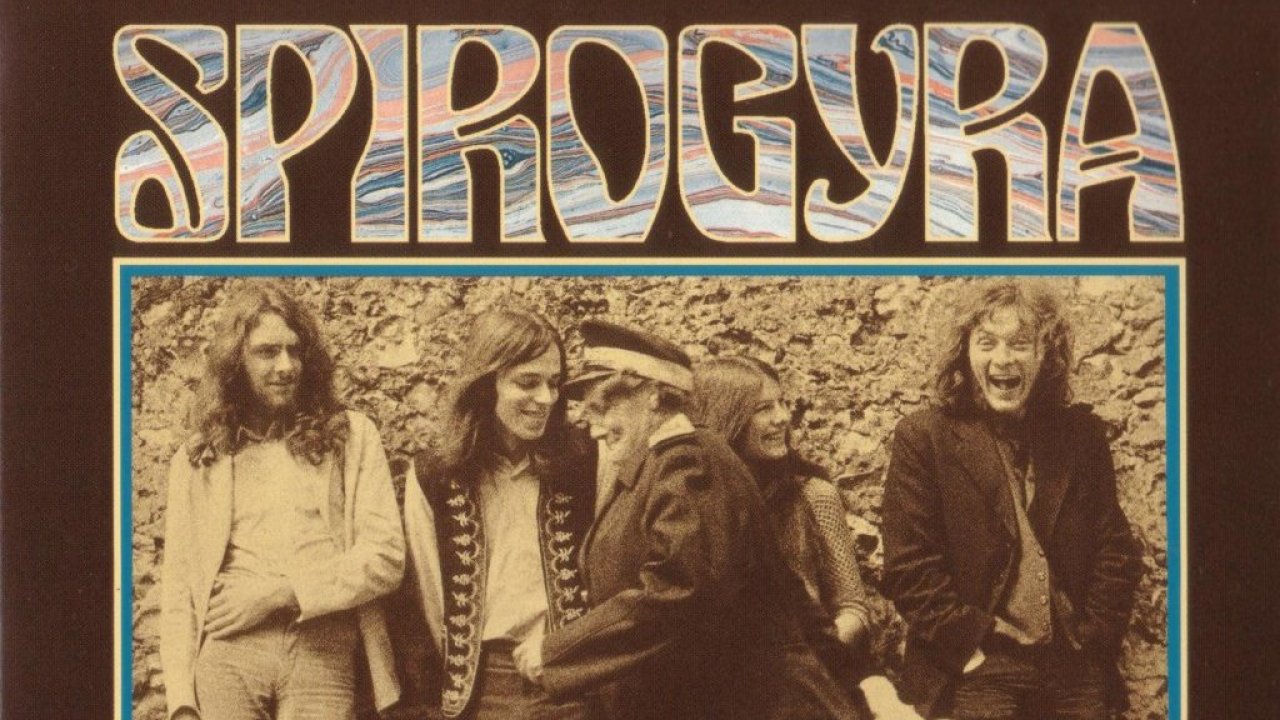Esoteric have restored the three original albums by Bolton experimental folkers Spirogyra, formed in the late 1960s by Mark Francis and Martin Cockerham. (The latter’s portrayed in Austin John Marshall’s original notes for the final release as a “straight-talking, straight- dealing, straight-forward maniac”.)
Their 1971 debut St Radigunds, which followed their inception at Canterbury University, sometimes betrays its student-era beginnings with angular intensity, and was even named after the street their digs were on. Marshall’s later notes had it as “after cotton, Bolton’s major contribution to the cosmos,” and they were soon college live circuit fixtures.
Sid Smith’s informative sleevenotes quote the band’s manager Max Hole, these days a top executive at Universal, recalling how they would sometimes pass Caravan in their van going in other direction to or from Canterbury. The essence of the idealistic, agit-folk element of Spirogyra’s sound, typified on the first release by Island, was Cockerham’s penetrating vocal and propulsive acoustic guitar, tethered to Julian Cusack’s insistent violin and Steve Borrill’s bass.
Fairport’s Dave Mattacks was among the guests on all three releases, and vital light and shade was added by second vocalist Barbara Gaskin (of It’s My Party fame a decade later). At Home In The World and the dreamy Love Is A Funny Thing brought out a softer, more traditionally folky side.
By the time of ’72’s Old Boot Wine, the group’s sound had clearly been honed by endless roadwork, on such songs as the hefty Dangerous Dave and the pretty Van Allen’s Belt. The album’s more measured approach was further developed in Bells, Boots And Shambles, centred around Cockerham and Gaskin, whose beautifully pure and thoroughly English vocals illuminated an assured outing that would become their unknowing swansong.
Cockerham regarded the later incarnation as their best, and Hole considered Bells, Boots And Shambles their finest work, but they unravelled for lack of further label interest. Still, it’s a vital bough of the Canterbury tree.

